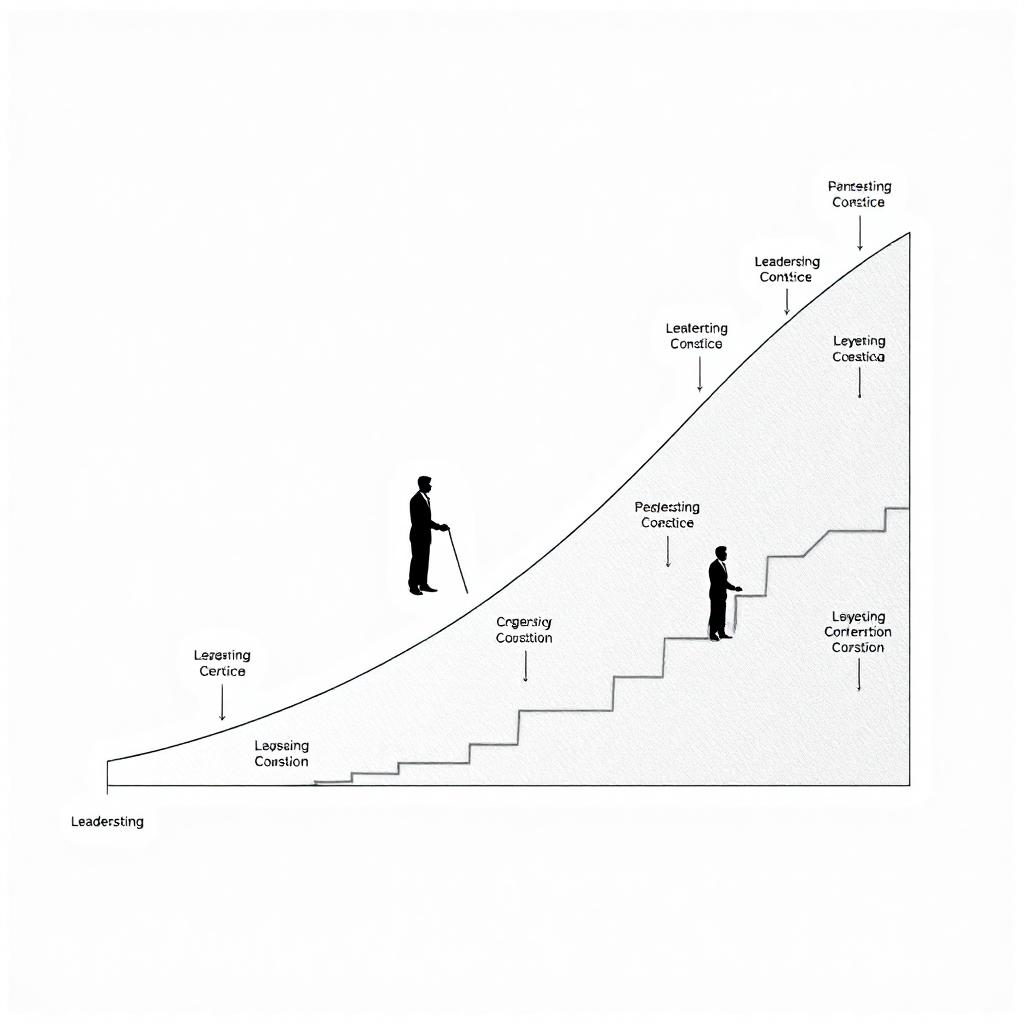
The Middle East is home to over 102 million women—a vast reservoir of untapped talent. From government ministers to tech entrepreneurs, pioneering women are redefining the concept of leadership in the region.
Success Stories
• Reem Al Hashimy (UAE) – Led the organization of Expo 2020 Dubai, which attracted over 24 million visitors.
• Dr. Hayat Sindi (Saudi Arabia) – Co-founded "Diagnostics for All" and serves as a UNESCO Goodwill Ambassador.
• Rana Dajani (Jordan) – A molecular biologist who launched the "We Love Reading" initiative, reaching over 750,000 children.
Structural Challenges
• Women continue to face institutional barriers that limit their presence in leadership roles:
• In labor laws, wage gaps persist, calling for the enforcement of pay transparency regulations.
• In finance, female entrepreneurs face limited access to venture capital, which can be addressed through women-focused investment funds.
• On the cultural level, entrenched stereotypes remain a challenge, and can be tackled through media campaigns and male allyship initiatives.
Policy Recommendations
1. Enforce gender quotas of 30% representation on corporate boards by 2030.
2. Offer STEM scholarships specifically targeting high school girls.
3. Establish region-wide mentorship and coaching networks for women.
Conclusion
Empowering women leaders is not just a matter of corporate social responsibility—it is a macroeconomic strategy. Every percentage-point increase in women's participation contributes to GDP growth and accelerates inclusive development.






